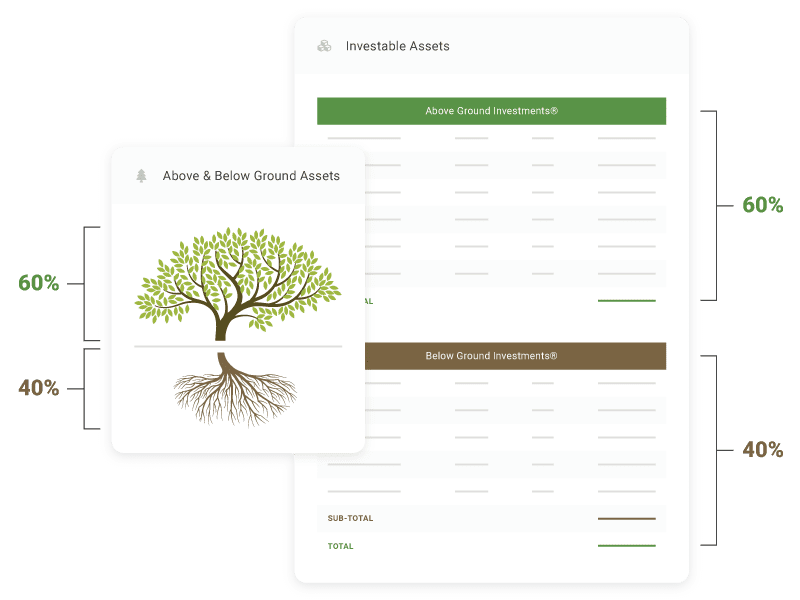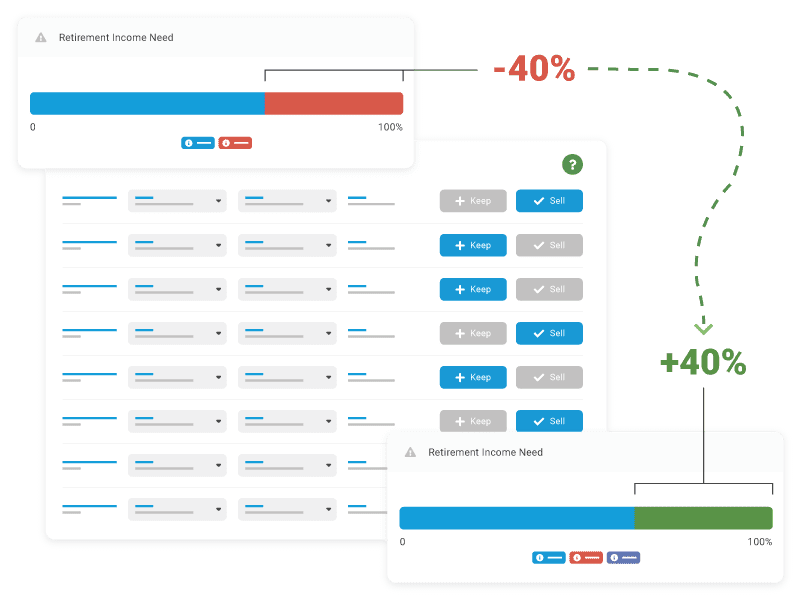When it comes to the stock market, there are two distinct camps: bear markets and bull markets. But what exactly is the difference between the two, and how can you make sure you’re prepared for either scenario?
What’s a Bear Market?
A bear market is defined as a period of time when the stock market falls by 20% or more from its previous high. This can be a scary time for investors, as it often signals an impending recession. Bear markets can last for months or even years, and it can be difficult to know when to buy or sell.
What’s a Bull Market?
A bull market, on the other hand, is when the stock market is on the rise. This is typically a period of economic growth, and investors are more likely to see gains during this time. Bull markets can also last for a long time, so it’s important to have a plan in place should things take a turn for the worse.
How does a bull or bear market impact financial well-being?
Generally speaking, a bull market is better for your financial well-being. When the stock market is doing well, stocks and stock futures go up, and 401ks and IRAs grow. It’s considered a good time to invest in the stock market.
However, even during a bear market, there can be opportunities to make money. For example, if you have a Roth IRA, you can still contribute to it and take advantage of the tax benefits. And if you’re smart about investing, you can still make money by buying stocks when they’re low and selling them when they rebound. So while a bull market generally means growth for your investments, there are still opportunities to profit during a bear market.
What market are we currently in?
As our economy continues to evolve each day, many financial experts agree we are in a bear market, but just what is it that’s impacting this current economic state?
Foreign Wars:
Unsurprisingly, the war in Ukraine is wreaking havoc across the globe. “U.S. inflation was already at historically high levels after a period of fiscal expansion and monetary accommodation following the COVID-19 economic shock. The onset of the war has exacerbated the problem globally.” This conflict has driven up prices of fuel and access to food, while also creating a deeper strain on supply chain issues already being experienced from the COVID-19 pandemic.
Interest rates:
Interest rates are a key factor in the economy, and can have a big impact on both bull and bear markets. When interest rates are high, it’s more expensive for businesses as well as individuals to borrow money. Ultimately, this can slow down economic growth.
Inflation:
As inflation reaches a 40-year high, rising to 8.6%, the federal reserve continues to work to create a “softish landing” that would help not only to slow the impact inflation has on the economy but to ease supply chain demands and help combat the ongoing fear of a looming recession.
These bearish economic indicators have consumers and economists believing a recession is indeed on its way. In fact, “more than 80% of Americans believe a recession will hit this year while 70% of leading economists polled by the Financial Times said they expect a recession by the end of 2023.”
What can individuals do to set themselves up for success?
Just like in any other area of life, financial success starts with a financial plan or goal. Taking the time to map out your financial goals, understanding your investment portfolio, financial assets, and just how you can develop a strategy that makes them work is a crucial first step. Something else you might want to consider is shoring up your financial situation. Doing this can help during both of these markets. If you’re someone who is able to put more money into a savings account, doing so during a bear market is a good idea.
When Having a Financial Advisor on Your Side Helps
If you’re someone looking to set yourself up to weather whatever the stock market throws at you, having a good financial advisor is something to consider. A financial advisor or a certified financial planner can help you to navigate the waters of understanding what to do when a bear occurs or what to do when it’s a bull market. This can mean helping you make sound decisions for your financial future, assisting with retirement planning, or taking advantage of whatever other financial planning services they may recommend.
Whatever stage of life you’re in if you need help with your financial planning or aren’t sure where to start, contact us today to set up a meeting with one of the financial professionals at Kaizen Wealth.



